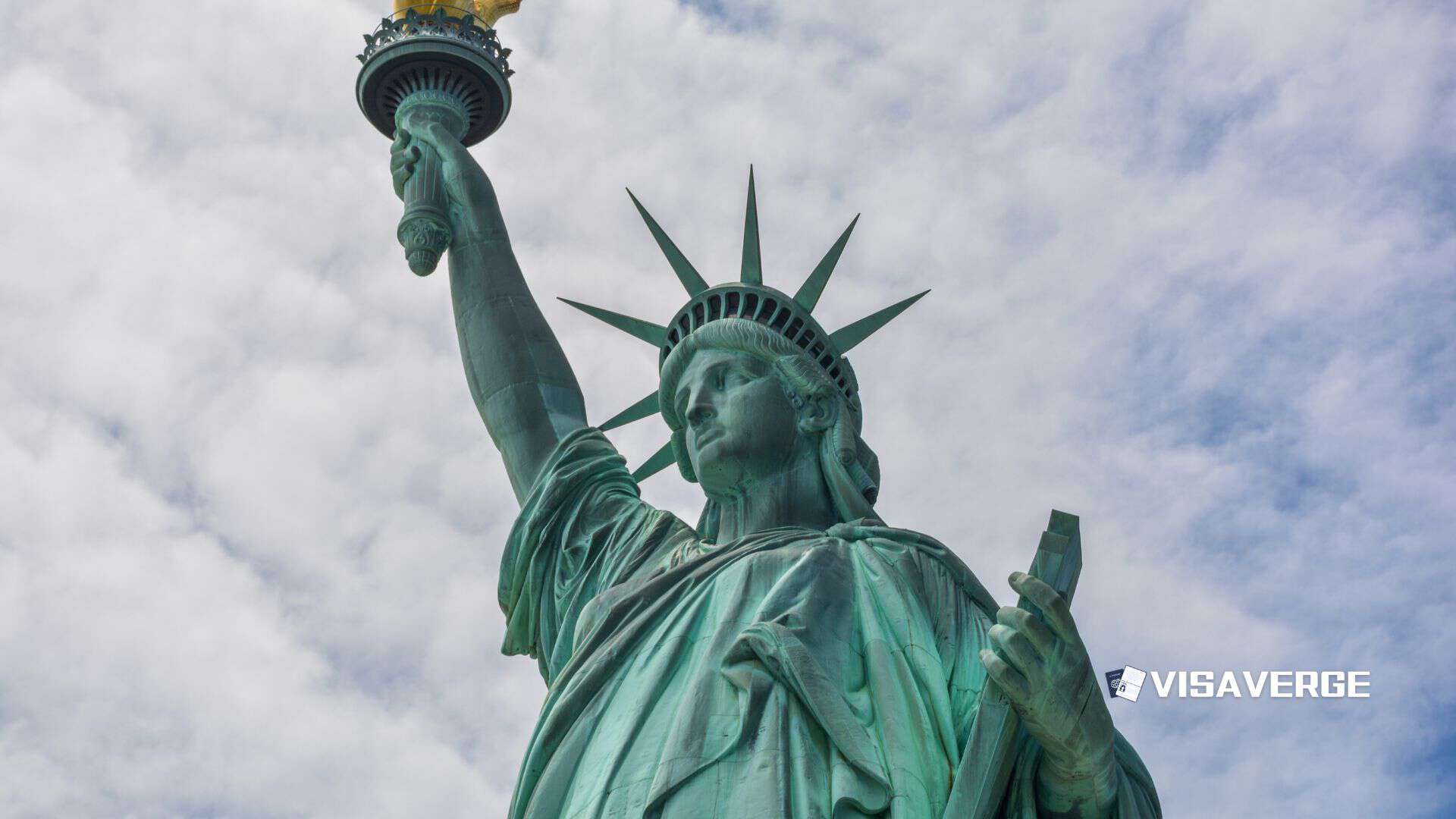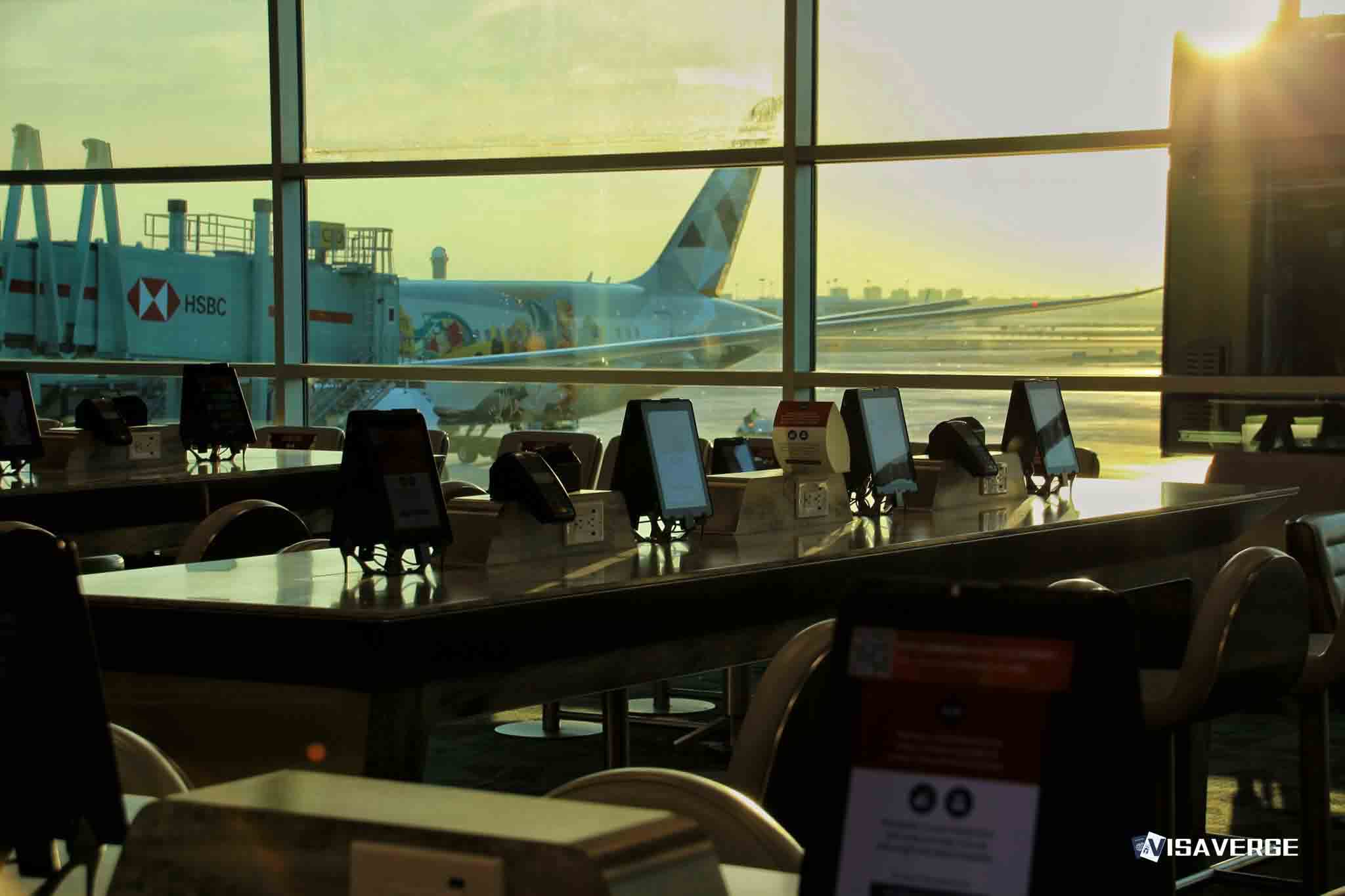Key Takeaways
• 700 active-duty Marines deployed to Los Angeles on June 10, joining 2,100 National Guard troops amid immigration protests.
• Federal troops protect ICE agents and federal property but do not enforce immigration laws directly.
• California officials oppose deployment, filing a lawsuit for a restraining order against federal military presence.
Federal Deployment of Marines to Los Angeles: Immigration Protests, Political Tensions, and What It Means
As of June 10, 2025, the United States 🇺🇸 has seen a major shift in how federal authorities respond to immigration protests. The recent deployment of U.S. Marines to Los Angeles has sparked heated debate, with both federal and state officials taking strong positions. This move, defended by Trump’s border czar Tom Homan, has raised questions about the use of military forces in domestic law enforcement and the future of immigration enforcement in the country.

Below, we break down what happened, why it matters, and what the implications are for immigrants, law enforcement, and the public.
Who, What, When, Where, Why, and How
On Tuesday morning, June 10, 2025, about 700 active-duty U.S. Marines arrived in the Los Angeles area. They joined around 2,100 members of the California National Guard already stationed in Los Angeles, Paramount, and Compton. This deployment comes amid ongoing immigration protests that have lasted for several days, with tensions rising between federal and state authorities.
The Marines were sent from Camp Pendleton, a major military base south of Los Angeles. The Pentagon estimates the cost of deploying both the National Guard and Marines at $134 million. Defense Secretary Pete Hegseth stated that the Marines were sent to “restore order” in Los Angeles, and President Trump has announced plans to send even more federal troops, including another 2,000 National Guard members.
Federal Justification: Protecting Agents and Property
Tom Homan, known as Trump’s border czar, has been the main spokesperson defending the Marine deployment. In a CNN interview, Homan explained that the Marines are there for the “protection of property and protection of our agents and their lives and their wellbeing, along with the public’s wellbeing.” He stressed that the Marines are not enforcing immigration law directly but are instead protecting federal assets and personnel.
Defense Secretary Pete Hegseth echoed this view, telling Congress that “we believe ICE agents should be allowed to be safe in doing their operations and we have deployed National Guard and the Marines to protect them in the execution of their duties because we ought be able to enforce immigration law in this country.”
This means the Marines are not arresting people for immigration violations. Instead, they are guarding federal buildings, helping keep Immigration and Customs Enforcement (ICE) agents safe, and making sure that federal law enforcement can continue their work without interference from large protests.
State and Local Opposition: Legal and Political Pushback
California officials have strongly opposed the federal deployment. Governor Gavin Newsom has called the move “illegal” and “a blatant abuse of power.” He announced plans to sue the federal government, saying, “We didn’t have a problem until Trump got involved.” The state argues that bringing in the military is unnecessary and only makes the situation worse.
On June 5, 2025, California Attorney General Rob Bonta filed a 28-page request in the U.S. District Court for the Northern District of California. The request seeks a temporary restraining order to stop the use of federalized National Guard and active-duty Marines for law enforcement in Los Angeles. The filing claims that “Federal antagonization, through the presence of soldiers in the streets, has already caused real and irreparable damage to the City of Los Angeles, the people who live there, and the State of California.”
Los Angeles Mayor Karen Bass also criticized the deployment, asking, “We didn’t need the National Guard, why on earth? What are they [Marines] going to do?” Many local leaders feel that the presence of Marines and National Guard troops is not only unnecessary but could also make protests more intense.
Law Enforcement Coordination: Communication Gaps and Concerns
Los Angeles Police Chief Jim McDonnell has raised serious concerns about the lack of coordination with local law enforcement. As of Monday afternoon, McDonnell said his department had not received any formal notification that Marines would be arriving in Los Angeles. He described the deployment as a “significant logistical and operational challenge for those of us tasked with safeguarding this city.”
McDonnell pointed out that the Los Angeles Police Department (LAPD) and their partners have “decades of experience managing public demonstrations” and are confident in their ability to do so “effectively and professionally” without federal military help. The sudden arrival of Marines, without clear communication or planning, has made it harder for local police to do their jobs.
Current Protest Situation: What’s Happening on the Ground
The protests in Los Angeles have continued for five days, with Tuesday, June 10 marking the fifth day of demonstrations. While there have been “intense but isolated clashes between protesters and law enforcement,” Monday’s protests were calmer than the more chaotic events on Sunday.
On Sunday, protests led to vandalism, including buildings being damaged, Waymo vehicles set on fire, and several protesters injured by less-lethal munitions. On Monday evening, police used less-lethal munitions and tear gas during clashes with protesters who stayed in downtown Los Angeles after a rally in front of the federal building.
Local officials, such as Assemblymember Mark González, have urged protesters to remain peaceful. González said, “Tagging historic landmarks, launching fireworks at officers, and terrorizing residents is not protest — it’s destruction.” The message from city leaders is clear: peaceful protest is welcome, but violence and property damage are not.
Unprecedented Federal Action: Breaking with Tradition
President Trump has become “the first US president in decades to activate the national guard without a request from a state governor.” On Monday evening, the White House sent an additional 2,000 National Guard members to Los Angeles, even though the Insurrection Act was not invoked. The Insurrection Act is a law that allows the president to use the military to restore order in certain situations, but it was not used in this case.
When asked if similar military deployments could happen in other cities, Trump’s border czar Tom Homan said he hoped it would not become normal. He added, “I hope people protest peacefully. But to attack law enforcement officers who are simply enforcing the laws that Congress enacted — that’s unacceptable.”
This move by the federal government is unusual because, in the past, the National Guard was only sent to states when the governor asked for help. By sending troops without a request, the federal government is taking a much more active role in local law enforcement.
Ongoing Immigration Enforcement: ICE Operations Continue
Despite the protests and the presence of Marines and National Guard troops, immigration enforcement is continuing as usual. Tom Homan confirmed that ICE operations would continue across the country, saying, “They’ll continue every day, not only in California and Los Angeles — they’re going to continue in every city across the country.”
The deployment of Marines and National Guard troops is focused on protecting federal agents and buildings, not on carrying out immigration arrests themselves. However, their presence allows ICE agents to keep working even as protests continue.
For more information about ICE and its operations, you can visit the official U.S. Immigration and Customs Enforcement website.
Military Movements: Convoys and Mobilization
A military convoy was seen traveling from Twentynine Palms toward Los Angeles on Monday evening, likely as part of the deployment. The Pentagon confirmed that over 700 Marines from the Marine Corps Air Ground Combat Center in California were mobilized to help with the situation in Los Angeles.
This rapid movement of troops is a clear sign of how seriously the federal government is taking the protests and the need to protect federal property and personnel.
Background: Why Is This Happening Now?
The protests in Los Angeles are part of a larger national debate over immigration policy and enforcement. Many people are upset about recent changes to immigration law and the way federal agents have been carrying out arrests and deportations. The protests began as a response to these policies but have grown as people express frustration with the federal government’s approach.
President Trump has made immigration enforcement a key part of his administration’s agenda. By sending Marines and National Guard troops to Los Angeles, he is showing that he is willing to use all available tools to keep federal agents safe and maintain order.
However, this approach has led to strong opposition from state and local leaders, who argue that it undermines their authority and makes it harder to keep the peace.
Implications for Stakeholders
For Immigrants and Their Families:
– The continued presence of ICE agents and the protection provided by Marines and National Guard troops means that immigration enforcement will not slow down.
– Immigrants in Los Angeles and across the country may feel more anxious and fearful, especially if they are undocumented or have family members who are.
– The protests and the federal response may make it harder for immigrants to trust law enforcement or seek help if they need it.
For Law Enforcement:
– Local police must now coordinate with federal troops, which can be challenging without clear communication.
– The presence of Marines and National Guard troops may change how protests are managed and how law enforcement interacts with the public.
– There is a risk that misunderstandings or lack of coordination could lead to more conflict or confusion during protests.
For Protesters and the Public:
– The deployment of military forces may discourage some people from protesting, while others may feel even more motivated to speak out.
– The risk of violence or property damage may increase if tensions between protesters and law enforcement continue to rise.
– Residents of Los Angeles may feel uneasy seeing military vehicles and troops in their neighborhoods.
For State and Local Governments:
– The federal government’s decision to send troops without a request from the governor challenges the traditional balance of power between state and federal authorities.
– Legal battles, such as the lawsuit filed by California, may set new precedents for how and when the federal government can intervene in local matters.
Legal and Policy Questions
The deployment of Marines to Los Angeles raises several important legal and policy questions:
– Is it legal for the federal government to send troops to a state without the governor’s request?
– California officials argue that it is not, and they have filed a lawsuit to stop the deployment.
– What are the limits on using military forces for domestic law enforcement?
– The Posse Comitatus Act generally prohibits the use of the military for law enforcement inside the United States 🇺🇸, but there are exceptions.
– How will this affect future protests and immigration enforcement?
– The outcome of the legal battle and the public’s response may shape how similar situations are handled in the future.
For more details on the laws that govern military involvement in domestic affairs, you can visit the U.S. Department of Defense’s official page on the Posse Comitatus Act.
Analysis and Outlook
As reported by VisaVerge.com, the deployment of Marines to Los Angeles marks a turning point in how the federal government responds to immigration protests. The decision to send troops without a request from the state governor is rare and has led to strong reactions from state and local leaders.
The situation remains fluid, with ongoing protests, legal challenges, and the possibility of more federal troops arriving in Los Angeles. The outcome will likely have a lasting impact on immigration enforcement, the relationship between federal and state governments, and the rights of protesters.
What Should Readers Do Next?
- Stay Informed: Follow updates from official sources, such as the U.S. Department of Homeland Security and local news outlets, to keep up with changes in the situation.
- Know Your Rights: Immigrants and their families should learn about their rights during encounters with law enforcement. The American Civil Liberties Union (ACLU) provides helpful resources on this topic.
- Participate Peacefully: If you choose to join protests, do so peacefully and follow instructions from law enforcement to stay safe.
- Contact Elected Officials: Share your views with your local, state, and federal representatives to make your voice heard on immigration policy and the use of military forces in your community.
Conclusion
The deployment of Marines to Los Angeles amid immigration protests is a complex and evolving story. It highlights deep divisions over immigration policy, the role of the federal government, and the rights of states and cities. As events continue to unfold, it is important for everyone—immigrants, law enforcement, protesters, and the general public—to stay informed, act responsibly, and seek peaceful solutions.
For more information on immigration enforcement and your rights, visit the U.S. Immigration and Customs Enforcement website.
Learn Today
Active-duty Marines → Full-time military personnel deployed for specific domestic or international missions, like maintaining order during protests.
National Guard → Military reserve force that responds to state emergencies, sometimes federalized for national missions or disaster response.
ICE → U.S. Immigration and Customs Enforcement agency charged with enforcing immigration laws and deportations.
Posse Comitatus Act → A law limiting use of federal military forces in domestic law enforcement, with some exceptions.
Insurrection Act → Federal law allowing the president to deploy military forces to suppress civil disorder or insurrection.
This Article in a Nutshell
On June 10, 2025, 700 Marines joined over 2,100 National Guard troops in Los Angeles amid immigration protests, sparking legal disputes and raising concerns about military use in domestic law enforcement.
— By VisaVerge.com







